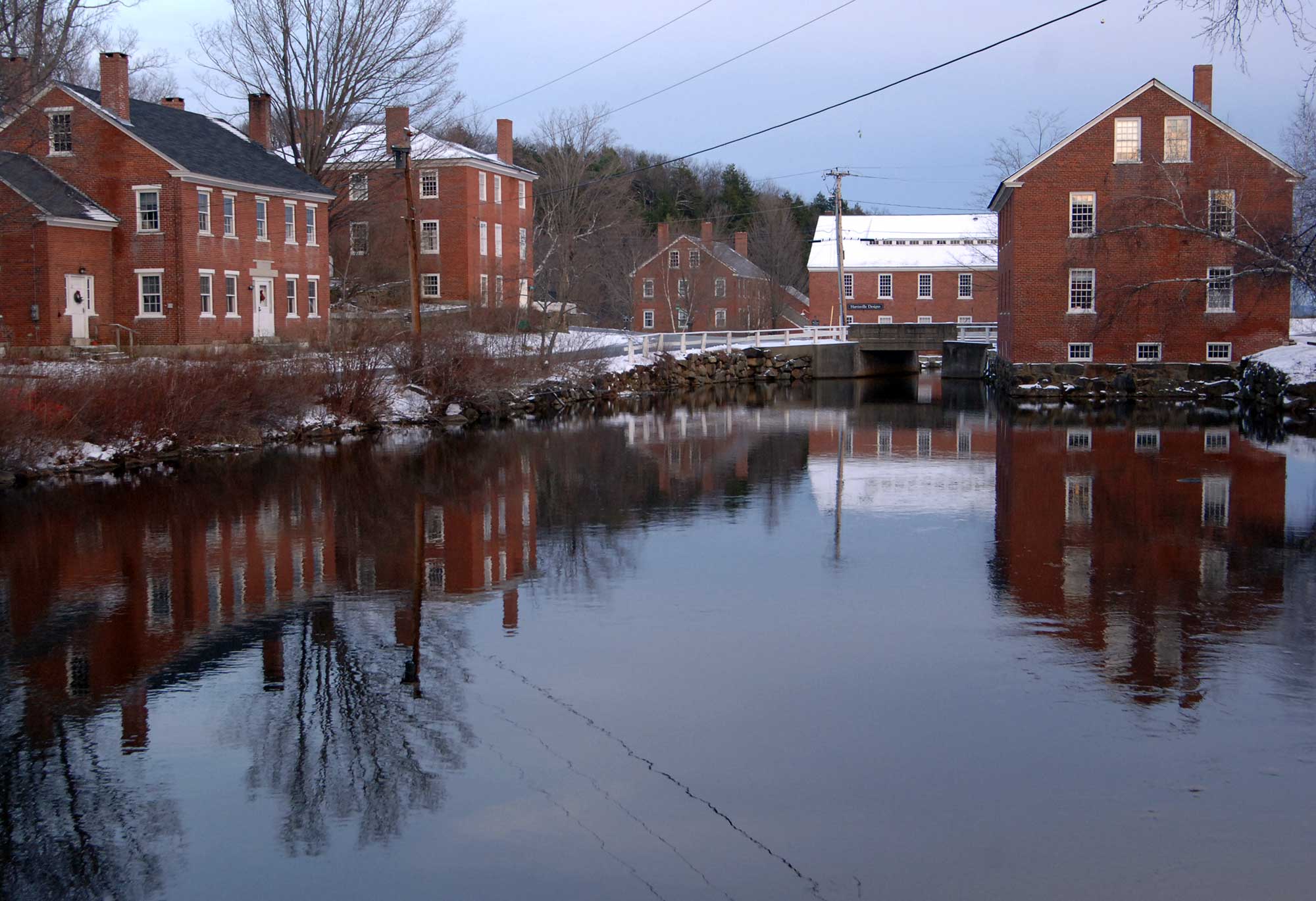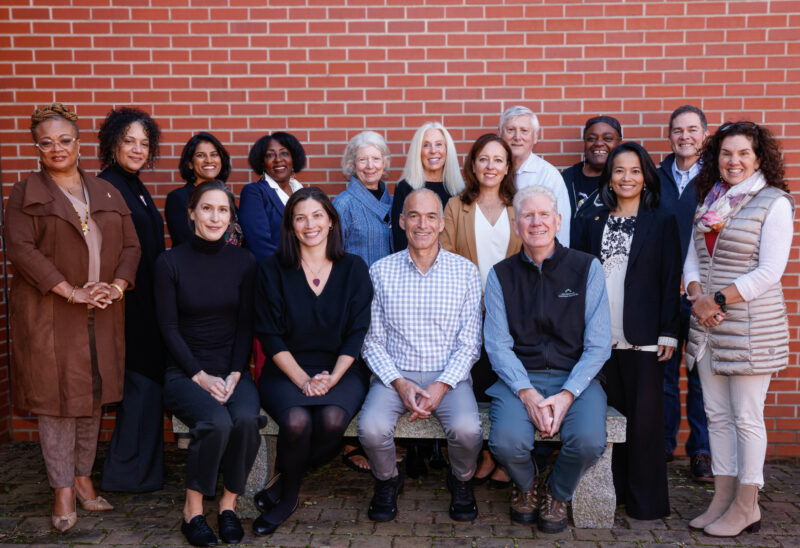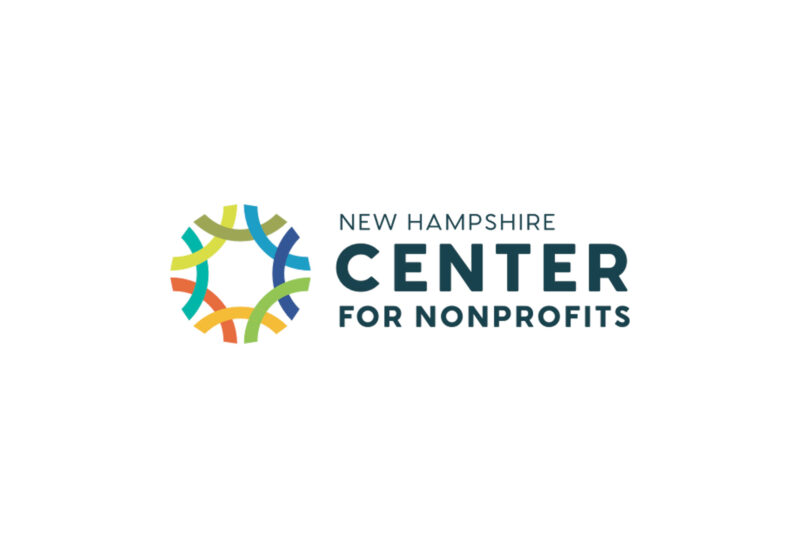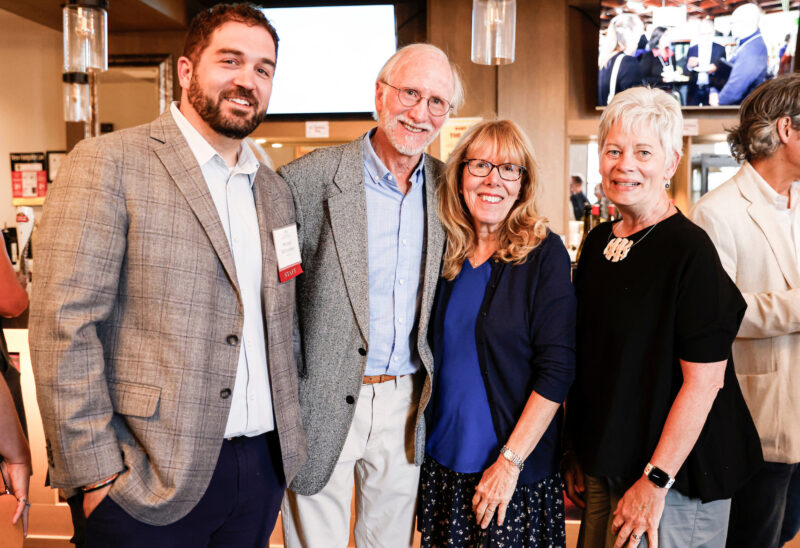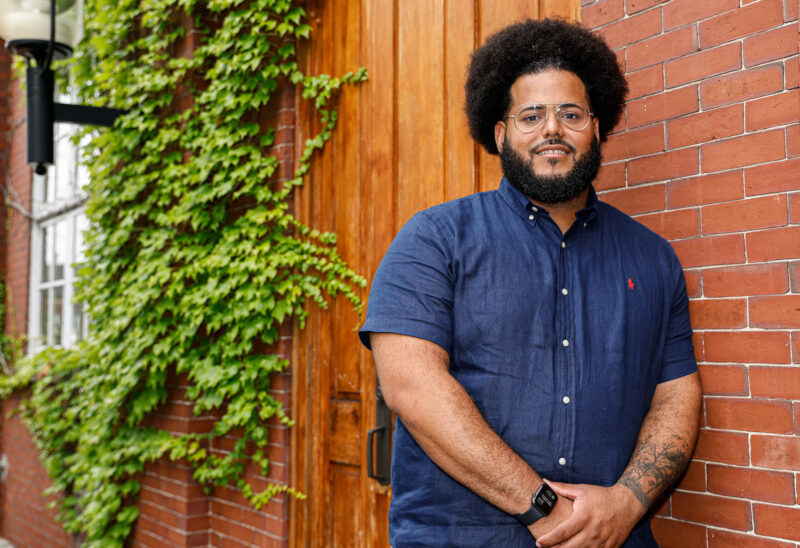In 1971, New Hampshire Charitable Foundation made its first loan to a nonprofit organization: $25,000 to Historic Harrisville to help preserve that early New England mill village.
Since that time, the Foundation has loaned nearly $1.7 million to organizations like Big Brothers, Big Sisters; The Music Hall in Portsmouth; the Hubbard Brook Research Foundation; NeighborWorks Greater Manchester and New Hampshire Public Radio.
Foundation loans have helped nonprofits purchase land and buildings and protect natural resources; have provided critical cash flow; covered pre-development costs for an affordable-housing project; and allowed organizations to renovate facilities.
Now, the Foundation is formally announcing and publicizing a new application process for loan funds as another tool to support New Hampshire’s nonprofit sector.
The Nonprofit Loan Program, part of the Foundation’s Impact Investment Program, is focused on strengthening our nonprofit partners and helping them have greater impact in the community through sound financial management and greater access to working capital.
The program makes low-interest loans of between $10,000 and $100,000 to qualifying nonprofit organizations located in our service area. (Larger amounts may be considered in special circumstances.) Loans do not preclude organizations from also receiving grant funding from the Foundation. Interest from loans goes back into the loan program for future lending.
Organizations may apply for a loan from the Foundation when debt financing is not available from traditional sources (such as a bank or credit union, the New Hampshire Community Loan Fund, the Community Development Finance Authority, or other institutions); or, in partnership with a traditional lending institution where the nonprofit may not otherwise qualify for debt capital.
The Nonprofit Loan Program is not available to fill budget gaps, provide deficit funding, or otherwise substitute for ‘regular’ revenue sources (such as contributions, grants or earned income).
For more information, visit nhcf.org/nonprofit-loan-program, contact Simon Delekta, senior program officer, at 603-225-6641 ext. 22297, or email Fvzba.Qryrxgn@aups.bet.

